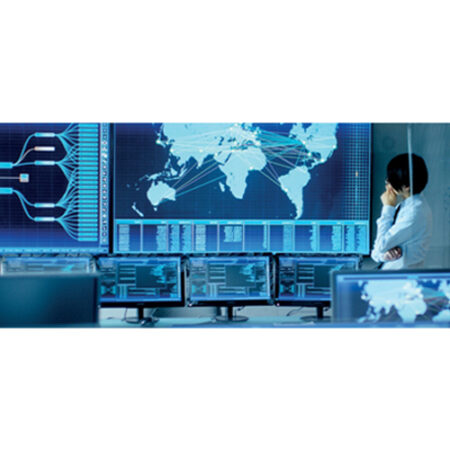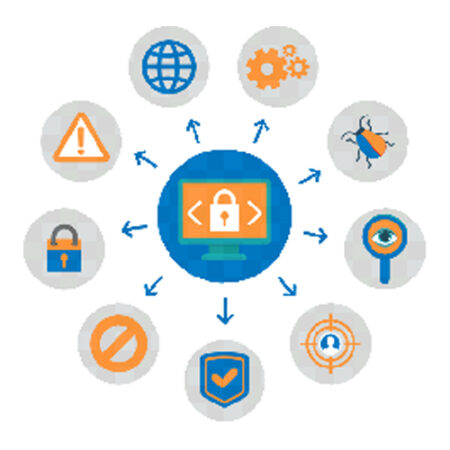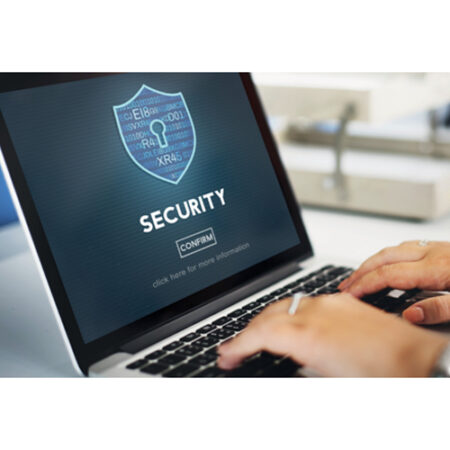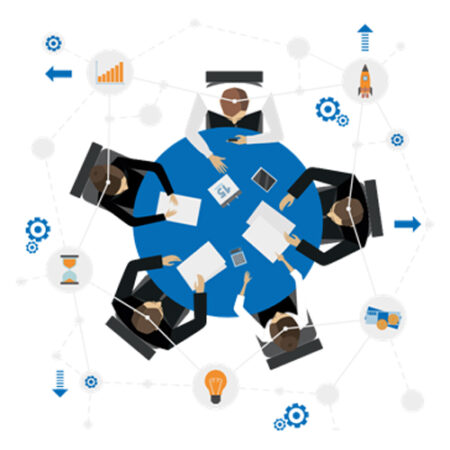ISO 27001:2013
This standard not only provides companies with the tools required to protect their most valuable information, but also a way to tell their partners and customers that they safeguard all the data that come their way. This standard is also applicable to individuals.
The 3 primary objectives of this standard are- Confidentiality
- Integrity
- Availability
This standard helps specify an Information Security Management System. This is an arrangement formed out of a structured series of activities that manage information security risks. This overarching framework evaluates and addresses the complete information risks faced by a business. These arrangements are fine-tuned according to the need of the hour and are constantly kept abreast of the threats and vulnerabilities of the system.

This framework also helps the management identify the threats and resolve them. The key attributes of this standard are its ability to keep pace with the changing IT landscape and identify solutions just as quickly.
The primary features of ISO 27001:2013 can be resolved into the below-mentioned points:
Security Policy: This addresses management support, commitment, and direction in accomplishing the information security goal.
Organization of Information Security: This elaborates the requirement for a management framework that creates and manages the security infrastructure which also includes outsourcing.
Asset Management: This feature addresses the way that the assets are grouped, handled and stored.
Human Resources Security: This addresses an organisation’s ability to mitigate the risk that is inherent in human interactions, which includes staffing, training and security responsibilities.
Physical & Environmental Security: This feature is all about mitigating the risks that come with the organization’s premises and the capacity of the physical infrastructure to protect the company’s assets.
Communication & Operations Management: This addresses an organization’s ability to ensure correct and secure operations of its assets, including configuration, changes, administration etc.
Access Control: This talks about the organisation’s ability to control access to the assets based on business and security requirements.
Information systems acquisition, development and maintenance: This addresses the company’s ability to ensure that appropriate information system security controls are both incorporated and maintained.
Information Security Incident Management: This addresses the company’s ability to record, investigate and take corrective measures for security breaches.
Business Continuity Management: This addresses the company’s ability to counteract interruptions to normal operations due to disasters.
Compliance: This addresses the organisation’s ability to remain in compliance with the regulatory, statutory, contractual and security requirements.
This certification comes with several unique benefits. These benefits stand a business in good stead considering the amount of security it provides to their data and information systems:
- It helps keep all the information secure from end-to-end
- It gives the customers and stakeholders the confidence that your brand can manage the risk that comes with dealing with the quantum of information
- Helps create a secure channel of exchange of information
- This standard helps a business comply with all the other regulations in the sector
- It gives the business a competitive edge over market peers
- Increased customer retention due to the consistent delivery of services
- Helps mitigate risk exposure and builds the company culture
- Protects the company, assets and all stakeholders
This standard applies to all businesses in today’s day and age. Contrary to popular perception this is not a certification specific for IT industries but applies to all the businesses that deal with a large quantum of data.
This includes all industrial and service sectors. Considering the sheer amount of data that these sectors are dealing with, having an ISO 27001:2013 certification is crucial.
This standard can also be very helpful for all public sector units (PSU). Keeping in mind the amount of sensitive data that a PSU handles, this could be a pivotal certification to up the overall efficiency of the organisation. The same holds for government organizations, they too can benefit greatly from receiving this certification.
Similarly, this certification can also be highly applicable for the education sector, healthcare sector, IT sector, as well as any small, medium or large business organization.
Related Services

HIPAA
HIPAA

ISO 20000:2018
ISO 20000:2018

ISO 27701:2019
ISO 27701:2019

ISO 22301:2018
ISO 22301:2018

